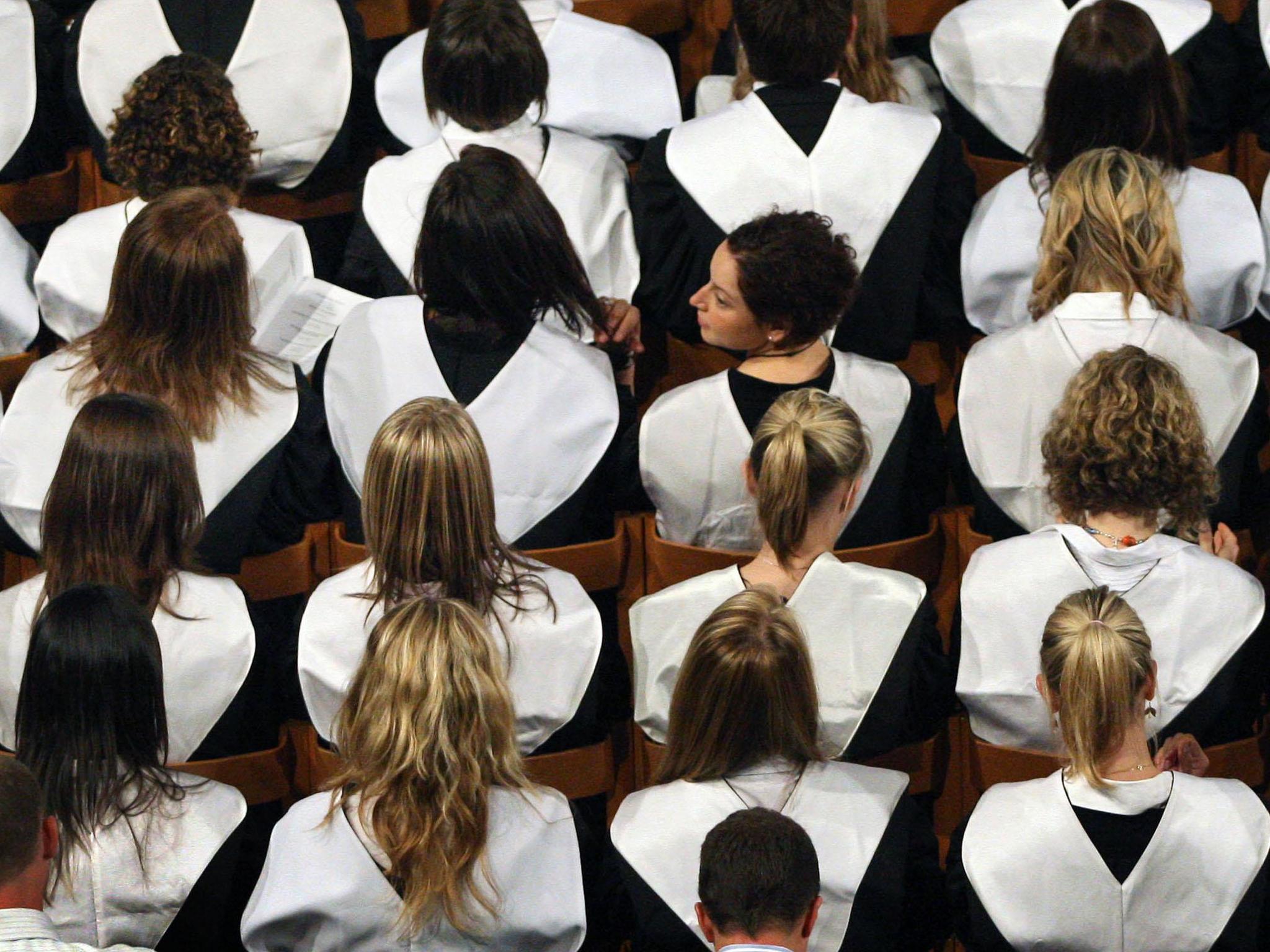Why do black students with mental health problems do less well than their peers at university?
Analysis: The lack of a diverse curriculum and workforce within the higher education system could be to blame, says Eleanor Busby


Universities’ efforts to boost the number of black students on campus have been in the spotlight for a number of years, and yet they are still more likely to drop out and secure worse outcomes.
A new report from the Office for Students (OfS) now warns that black students with mental health conditions who start at university are repeatedly “failed” by the higher education system.
The regulator and ministers have placed pressure on institutions to increase mental health support and improve the experience of black students – so why is the attainment gap still so stark?
The OfS figures show just 53 per cent of black students with a mental health issue obtained a first or 2.1 degree, which is 24 percentage points less than when compared to all students with mental health issues.
And only 77 per cent of black students with mental health problems continued with their degree after first year, compared to 87 per cent of all students with mental health conditions.
The existing research on the black and minority ethnic (Bame) attainment gap is limited but experts say there are a variety of reasons why these students can fall behind their peers.
Kehinde Andrews, professor of black studies at Birmingham City University, believes the curriculum is still too “Eurocentric” which can alienate black students and give them a worse experience.
He said most students on his course graduate with 2.1s – despite joining with few qualifications – as the degree speaks to them. One student told him that he felt his soul was in the course.
“Decolonising” the curriculum – such as introducing more diverse texts that reflect black students’ experiences – could increase engagement and reduce the dropout rates and attainment gap.
But black role models in the university sector are also extremely important and currently, black professors are significantly underrepresented, especially in the most elite institutions in the UK.
Professor Nishan Canagarajah, the University of Leicester’s first Bame vice-chancellor, said this week that institutions must improve the diversity of their workforce to help boost achievement.
He told PA: “In my view there is a strong correlation between the students feeling a sense of belonging and included in the community and their achievements.”
And it is not only among the academics where there is a lack of diversity. Student wellbeing services can also be dominated by white staff.
Rachel Hewitt, director of policy at think tank Higher Education Policy Institute, believes universities should employ more black counsellors so students feel more comfortable seeking support from someone who “understands the role racial inequality plays in their experience.”
Black students may also be more likely to drop out or secure lower class degrees because they have faced racial harassment during their time at university. In addition, those from more working-class families may have to undertake more paid work while studying which can increase pressures on students and affect grades.
The OfS has highlighted just how stark the gap is between black students and their peers – but now it is up to universities to listen to the experts to make the system more inclusive.
Join our commenting forum
Join thought-provoking conversations, follow other Independent readers and see their replies
Comments